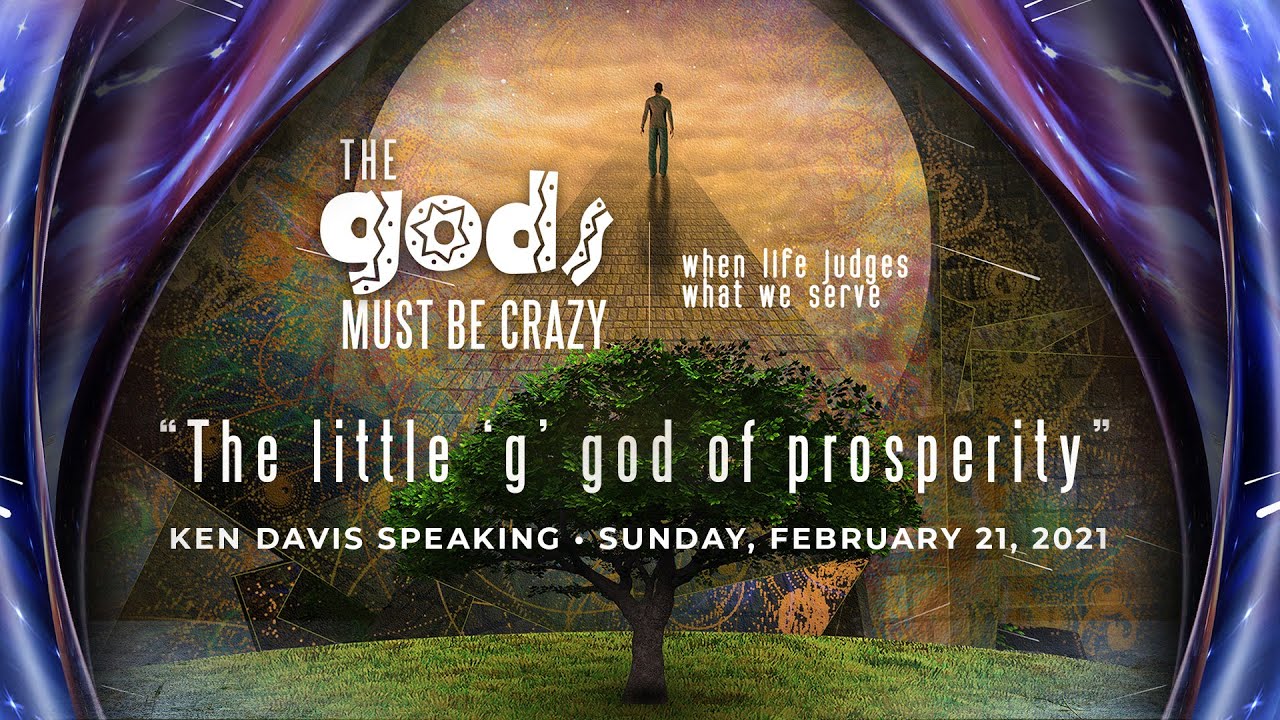Have you ever wondered about the concept of “little g gods” in the Bible? In this blog post, we will delve into the intriguing world of these lesser deities mentioned throughout the scriptures. By exploring their significance and role within the biblical narrative, we can gain a deeper understanding of the spiritual context in which they exist.
Discovering the presence of these little g gods in the Bible provides us with valuable insights into the complexities of ancient belief systems and the relationship between monotheism and polytheism. Through this exploration, we can enrich our knowledge of the cultural nuances and theological dynamics that shaped the religious landscape of the biblical world. Join us on this enlightening journey as we uncover the hidden gems of the Bible’s portrayal of little g gods and their impact on the overarching themes of faith and devotion.
Unveiling the Presence of ‘Little g’ Gods in the Bible
In the Bible, there are several instances where lower-case “gods” are mentioned, often known as little g gods. These entities or beings were sometimes worshiped by ancient cultures but are not to be confused with the one true God of the Bible. Let’s explore some of the key examples of little g gods in the Bible:
1. Idols: In the Old Testament, there are numerous references to idols and false gods that were worshiped by various nations. These idols were often made of wood, stone, or metal and represented different aspects of nature or mythical beings.
2. Baal: Baal was a prominent god worshiped by the Canaanites and other ancient cultures in the region. The worship of Baal involved rituals and sacrifices, which were condemned by the Israelites and their God.
3. Asherah: Asherah was a goddess associated with fertility and motherhood, worshiped by many ancient Near Eastern cultures. The worship of Asherah involved rituals that were likewise condemned in the Bible.
4. Dagon: Dagon was a Philistine god mentioned in the Bible, particularly in the story of Samson. Dagon was a fish-like deity symbolizing fertility and grain, but ultimately proved powerless before the God of Israel.
5. Molech: Molech was a Canaanite god associated with child sacrifice, a practice that brought about severe judgment from the God of the Bible. The worship of Molech was strongly rebuked by the prophets and condemned as abhorrent.
6. The Host of Heaven: In some passages, the Bible refers to the host of heaven, which could include various celestial beings or entities considered as gods by ancient cultures. However, these entities are portrayed as subordinate to the one true God and subject to His authority.
It is crucial to understand that while these little g gods are mentioned in the Bible, they are not to be revered or worshiped as equal to the Almighty God. The Bible consistently emphasizes the uniqueness and sovereignty of God, warning against idolatry and the worship of false gods. As believers, our faith is to be solely placed in the one true God revealed in the Scriptures, who is above all gods and worthy of all honor and glory.
What does the small G in God mean?
The small ‘g’ in “god” is typically used to differentiate between the monotheistic God of Christianity, Judaism, and Islam, and other gods or deities in polytheistic religions. In monotheistic faiths, the term “God” with a capital ‘G’ is used to refer to the supreme being believed to have created and rules over the universe, while “god” with a small ‘g’ can refer to lesser divine beings or idols worshipped by people in polytheistic belief systems.
Therefore, in the context of the Bible, “God” with a capital ‘G’ often specifically refers to the monotheistic deity worshipped by believers in Abrahamic religions, such as Christianity.
Who are the 7 gods in the Bible?
In the Bible, there is no mention of specifically seven gods. The Bible is primarily focused on the worship of one God, known as Yahweh or Jehovah in the Old Testament. This monotheistic belief is a key tenet of Judaism, Christianity, and Islam. The concept of seven gods may be more commonly found in other religious traditions or mythologies.
Where in the Bible does it say we are like little gods?
The idea that humans are like little gods can be found in Psalm 82:6, which says, “I said, ‘You are gods, sons of the Most High, all of you.'” This verse has been interpreted by some to suggest that humans, being made in the image of God, share in some divine qualities or authority. It’s worth noting that this interpretation is not universally accepted among Christians and should be understood in the context of the entire biblical narrative.
Who are the gods in Psalm 82?
In Psalm 82, the gods referred to are divine beings or heavenly court members. The psalm depicts God presiding over a divine council, addressing these gods and rebuking them for their unjust judgments and behavior. These gods are understood in the biblical context as angelic or divine beings who serve under the authority of the one true God. The psalm ultimately affirms the supremacy and justice of the Lord God over all other beings.

